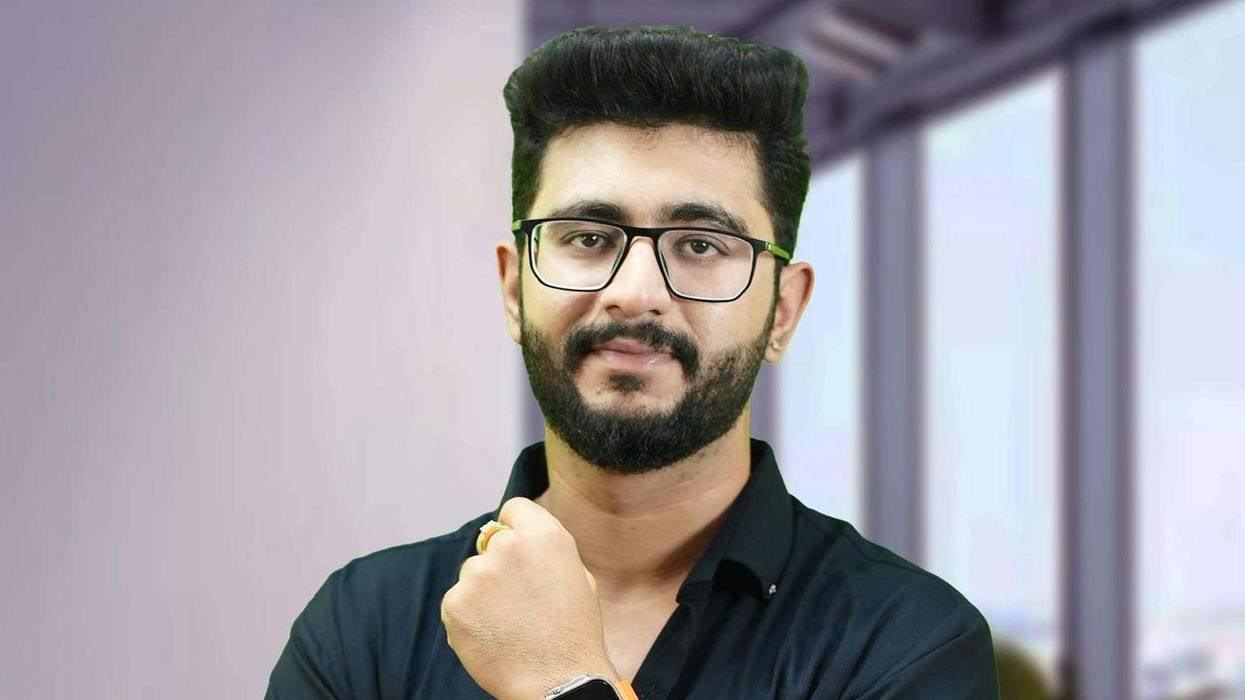The Labour Party on Saturday (11) joined calls alongside doctors doctors for a probe into the disproportionate number of black and minority ethnic (BAME) medics dying from the novel coronavirus in the country.
The move comes as UK health secretary Matt Hancock confirmed that 19 NHS workers have died with coronavirus since the outbreak began, around 10 of whom were of BAME backgrounds.
"The disproportionate number of BAME doctors who have died from coronavirus is deeply disturbing," said Marsha de Cordova, Labour's shadow women and equalities secretary.
"It reflects the shocking underlying inequalities facing BAME communities as a whole - who are disproportionately represented in the numbers of people getting the virus. The government must urgently investigate why BAME communities are more vulnerable to this virus," she said.
The shadow minister's intervention came as the British Medical Association (BMA) doctors' union and the British Association of Physicians of Indian Origin (BAPIO) also called for similar in-depth research and investigation.
"We have heard the virus does not discriminate between individuals but there's no doubt there appears to be a manifest disproportionate severity of infection in BAME people and doctors.
"This has to be addressed - the government must act now," said Dr Chaand Nagpaul, BMA council chair, alongside a wider plea for better access to personal protective equipment (PPE) for medics working on the frontlines of the pandemic in NHS hospitals.
While it remains unclear whether the lack of PPE is directly linked to the recorded deaths of doctors in the UK so far, the BMA council chief urged action on assessing the factors behind the large numbers of BAME doctors and nurses among the victims of the deadly virus.
It comes days after BAPIO wrote to the chief medical officer of England, professor Chris Whitty, and medical director of NHS England Stephen Powis requesting all the official data available on COVID-19 hospital admissions for an in-depth research into the greater susceptibility of BAME patients developing more severe symptoms of coronavirus and dying of COVID-19.
BAPIO said: "We need a better understanding of the issues of BAME mortality in the context of the general population, particularly if it helps us manage sick and vulnerable groups, and so that we can be accurate in our messaging.
"We are therefore asking that the data for COVID-19 cases, and most certainly those who have died as a result of the illness, incorporates ethnicity and profession, as well as the usual demographic data."
A cardiac surgeon from Wales, 58-year-old Jitendra Kumar Rathod, originally from Gujarat, and Birmingham-based Hamza Pacheeri, 80, from Kerala are among the Indian-origin doctors who have died of coroavirus.
Indian-origin doctors make up a major chunk of the NHS workforce in the UK and BAPIO, their representative group, is urging the authorities to deploy senior and retired medics away from frontline duties until more evidence can be collated on the ethnic variables for COVID-19.
The UK's Department of Health has said it is working to protect all communities and has repeatedly pledged a boost to PPE supplies for NHS medical staff.





 The idea was simple yet ambitious: build a platform that provided authentic, well-researched information AMG
The idea was simple yet ambitious: build a platform that provided authentic, well-researched information AMG One of his most frequent recommendations: track every rupeeAMG
One of his most frequent recommendations: track every rupeeAMG From building communities around cars to transforming how young Indians perceive moneyAMG
From building communities around cars to transforming how young Indians perceive moneyAMG






